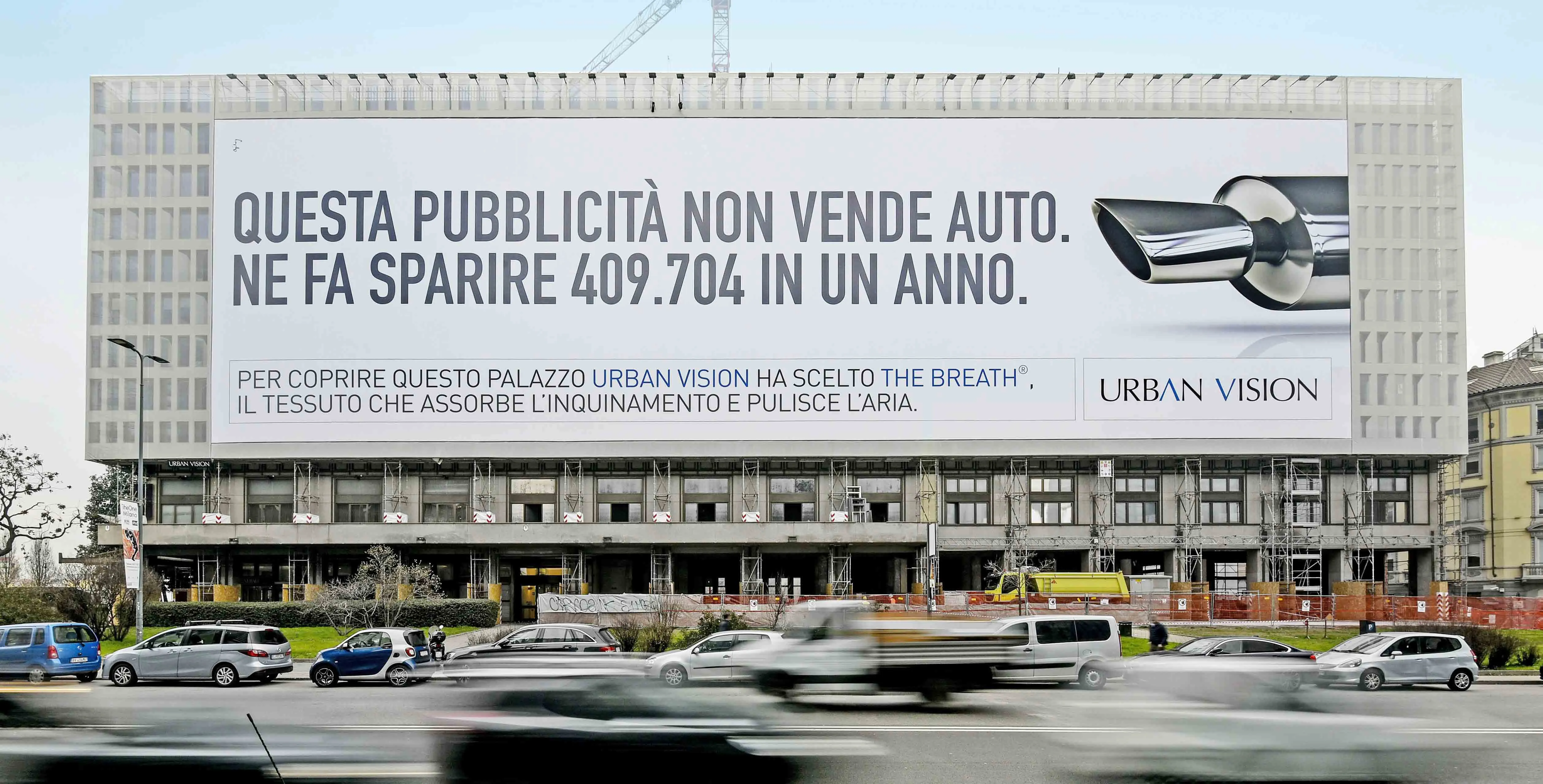A study carried out in Sweden has highlighted the key risks of road pollution. The study was made by the Swedish Environmental Research Institute (Svenska Miljöinstitutet, IVL) and has shown that wear-and-tear from roads and tyres constitute the largest source of microplastics emissions. Kerstin Magnusson, Ecotoxicologist at the Institute, states that the study, which was conducted on behalf of the Swedish Environmental Protection Agency (Naturvårdsverket), is the largest mapping of microplastics emissions
March 10, 2016
Read time: 1 min
A study carried out in Sweden has highlighted the key risks of road pollution. The study was made by the Swedish Environmental Research Institute (Svenska Miljöinstitutet, IVL) and has shown that wear-and-tear from roads and tyres constitute the largest source of microplastics emissions. Kerstin Magnusson, Ecotoxicologist at the Institute, states that the study, which was conducted on behalf of the Swedish Environmental Protection Agency (Naturvårdsverket), is the largest mapping of microplastics emissions to ever be conducted in Sweden. However the researchers have yet to find out how far these particles reach in the environment. Magnusson said that the study highlights the decreased particle waste from sewage as well as increasing knowledge over other means of particle transports.









